There has been exceptional focus on food security across all the EU institutions over recent days.
The European Commission has responded to the call by heads of state for food security proposals with a communication to trigger the €500m crisis reserve and other measures to tackle the soaring production costs for farmers.
There have been several discussions among the Parliament’s agriculture committee with chair Norbert Lins capturing the mood at the end of a debate: “Food security should be our number one priority. Every tonne more of wheat in the EU this year is not only a tonne more for food security in the EU and fighting hunger in the world, it is also a tonne more against Putin and for strengthening democracy and freedom.”
The Commission’s communication recognises that food security won’t be an issue for the EU though it does acknowledge that food affordability will be for poorer members of society.
Member state response to crisis
President Macron said he wants to change the Farm to Fork strategy which was based on a world before the war in Ukraine.
The French agriculture minister Julien Denormandie has launched a resilience plan for agriculture and food.
In it, he announced a 15c/l cut on road fuel, applying to non-road diesel for farmers and an early repayment of the refund farmers receive for a tax levied on domestic energy consumption to assist cashflow.
Up to €400m will be available for farms highly dependent on feed purchases and where these have pushed farms into a loss-making situation
There is also support for businesses where energy accounts for at least 3% of expenses, which would become loss-making this year because of cost increases with the government picking up half the extra cost.
Up to €400m will be available for farms highly dependent on feed purchases and where these have pushed farms into a loss-making situation.
These will run for a four-month period starting on 15 March.
Elsewhere, the Dutch government has announced plans to cut VAT on energy from 21% to 9%
The French government has also established a working group to secure fertiliser imports and develop the use of organic fertilisers.
It speaks strongly of food and energy sovereignty, including a nitrogen sovereignty plan by 2030.
Elsewhere, the Dutch government has announced plans to cut VAT on energy from 21% to 9% and to reduce excise duty on petrol and diesel by 21% from 1 April until the end of the year.
Supermarkets have to get involved
While much of the focus is on EU and national governments, achieving commercial sustainability in primary on farm production is also the food chain’s responsibility.
Recently, Irish pig, poultry and horticulture farmers have protested at supermarkets against the heavy discounting of their produce.
Irish and UK supermarkets would do well to note the approach taken by the REWE Group in Germany in response to the pig price crisis.
They told last week’s Forum for Food and Agriculture in Brussels how they took a decision to continue paying the pre–African swine fever price to their suppliers.
With 4,680 different types of outlets in Germany and as many more in other EU countries, this has substantial impact.
Farm to Fork remains in place
Of course at home, the support package targeting €400/ha for extra tillage is the most eye-catching. The threat to feed supplies for other sectors from stressed international markets is a timely reminder of how essential a vibrant national tillage sector is to our wider agri-food industry.
Help is also at hand for the beleaguered pig sector but strong market prices should not mask the level of exposure our livestock sectors have to increased production costs and the risk of greatly diminished fodder supplies for next winter.
Returning to the Commission proposals, it is clear that there is a belated recognition that the EU has to have a strong focus on maintenance of production, as well as controlling emissions from agriculture.
The choice isn’t about sacrificing climate for production
The recent communication has several pages dedicated to integrating with the ambitions of Farm to Fork. That actually makes sense. The choice isn’t about sacrificing climate for production. It has to be a balancing act that achieves the best of both combined.
Organic ambition competes with need to maximise production
One element that has come in for particular attention in the Parliament’s agriculture committee is the ambition to achieve 25% organic production in the EU this decade.
With the best will in the world, production has to be sacrificed in the complete absence of fertiliser and pesticide use.
However, the serious escalation in prices of these products will mean they are used sparingly and it is an ideal opportunity to incentivise further adoption of precision use across farming.
The focus by the EU and its member countries on the consequences for agriculture have been much slower to come to the fore than was the concern about access to energy.
Farmers are coping for now
Perhaps that was inevitable given that there are adequate supplies of feed for livestock for the immediate future as last year’s harvests, produced with last year’s costs, are available though with this year’s prices.
Farmers are coping for now but the increased cost and drop in usage of fertiliser in the 2022 growing season will impact next winter and the time for putting in place a plan to deal with that is now.



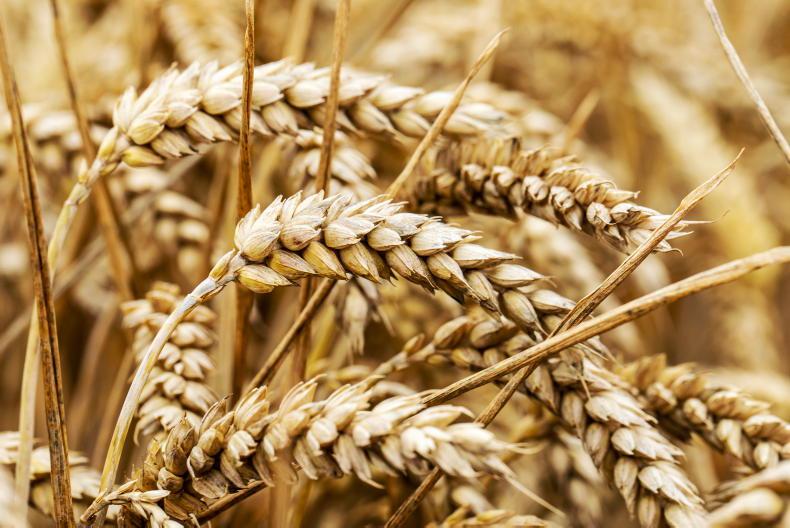
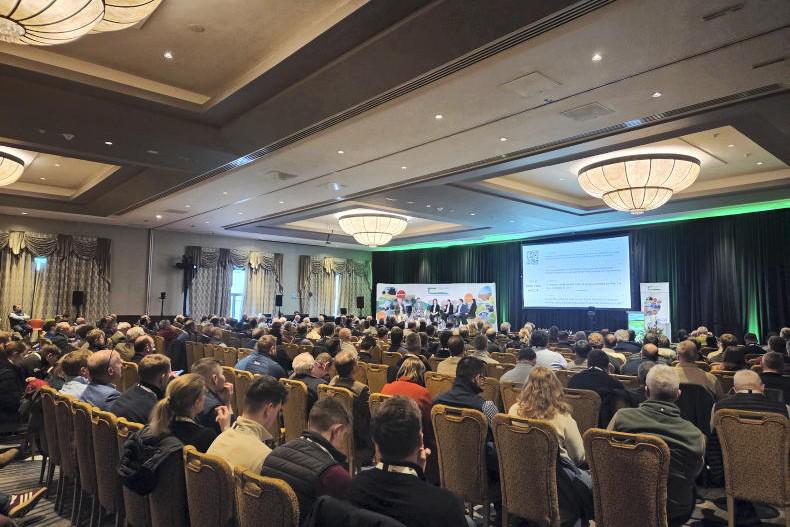

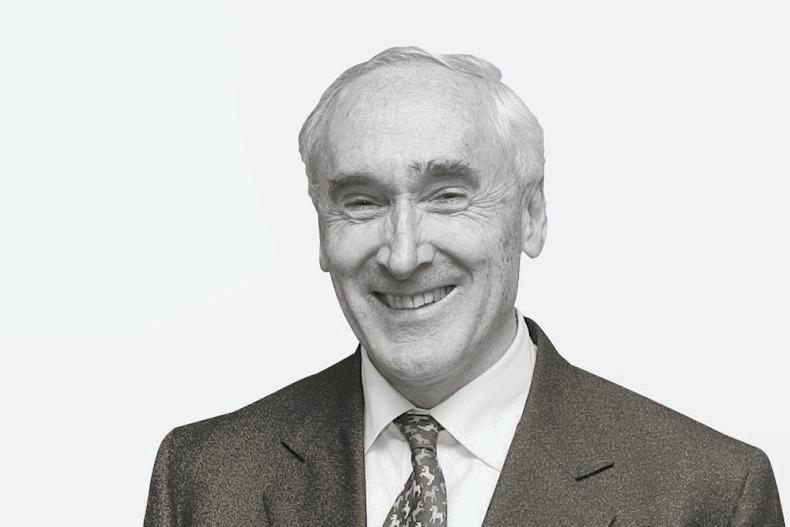
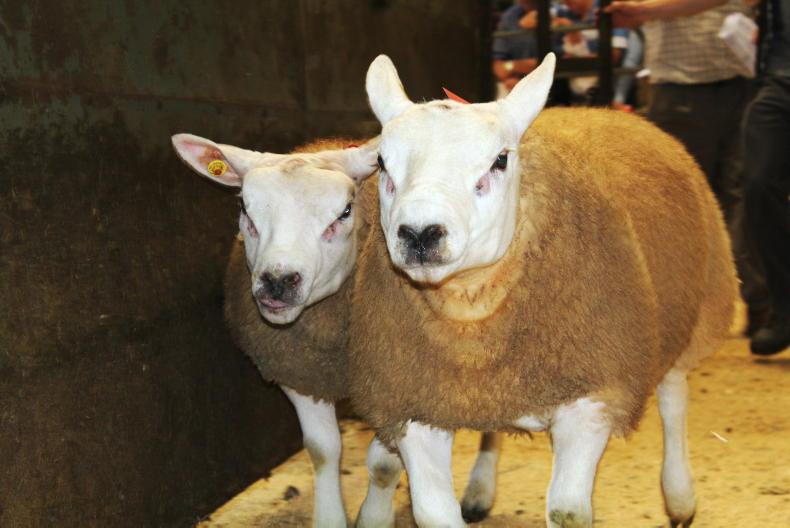
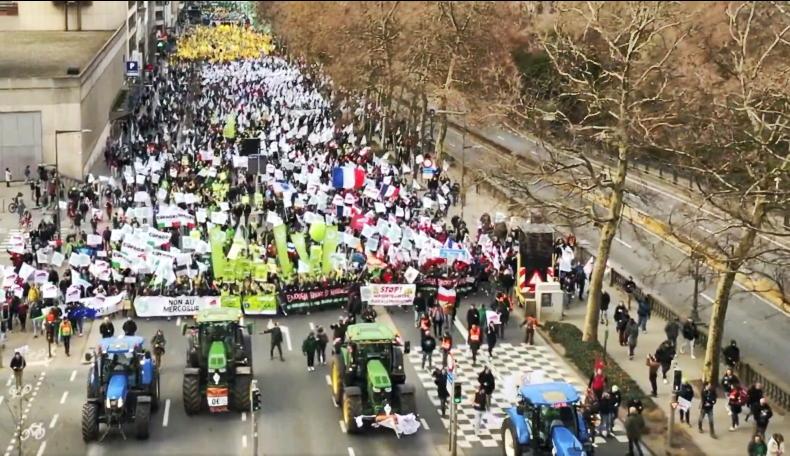
SHARING OPTIONS